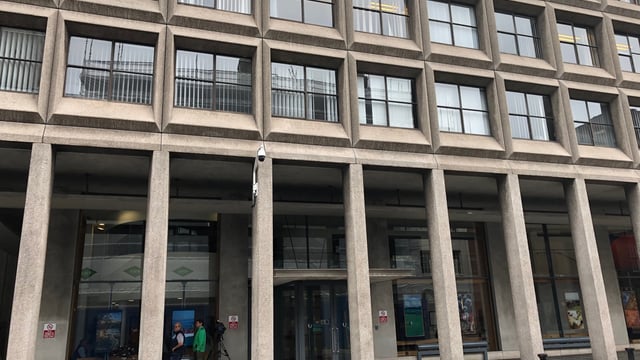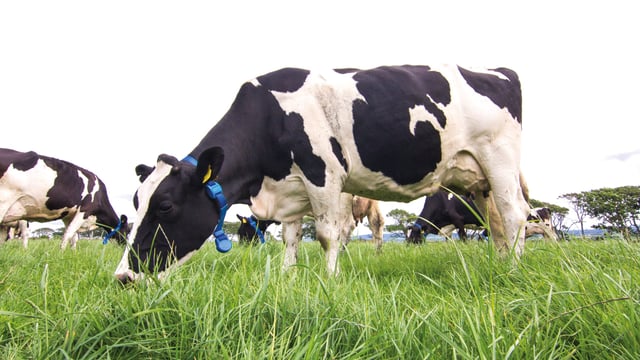MEP: Budget commissioner intends to ringfence CAP Pillar I
Ahead of the publication of the European Commission’s first draft proposal of the long-term EU Budget next month which includes Common Agricultural Policy (CAP) funding, MEP Nina Carberry this week met with EU Budget Commissioner Piotr Serafin.
She said the commissioner reiterated the commission’s intention to ring-fence Pillar I, the direct payments of the Common Agricultural Policy (CAP).
Last month, the farm organisations carried out flash action protests simultaneously in over 20 EU member states, where farming unions and representatives from the cooperative sector “offered a warning” to the EU Commission.
MEP Carberry, a member of the parliament’s Budget Committee which has recently produced its own report on the next EU Budget, called for traditional EU priorities of the CAP and cohesion policy to be safeguarded and ring-fenced.
Commissioner Serafin, who comes from the same political grouping in Europe as MEP Carberry, had a lengthy and open discussion with a small number of EPP Group lawmakers this week in Strasbourg.
Carberry was the only Irish MEP present during the discussion.
MEP Carberry said: “I reiterated my call to the commissioner, that agriculture and cohesion financing must remain as distinct structures, with clearly identified and ring-fenced allocations.
“We need a dedicated CAP budget, bolstered and adjusted for inflation, that is flexible in the face of new challenges.
“I welcomed the commissioner’s positive response on protecting direct payments, which provide clear EU added value and support both farmers’ income and production.
“We also discussed the need for targeted support for family farms and young farmers, essential to the future of rural Ireland," the Fine Gael MEP added.
It is understood that discussions are ongoing between DG AGRI and DG BUDG in the European Commission as to the structure of Pillar 2 of CAP, the European Agricultural Fund for Rural Development.
Commissioners Serafin and Hansen are believed to be in continuous dialogue on the matter.
The commission is expected to present its proposal on July 16, with negotiations likely to land during the Irish Presidency of the European Council, from July to December 2026.





